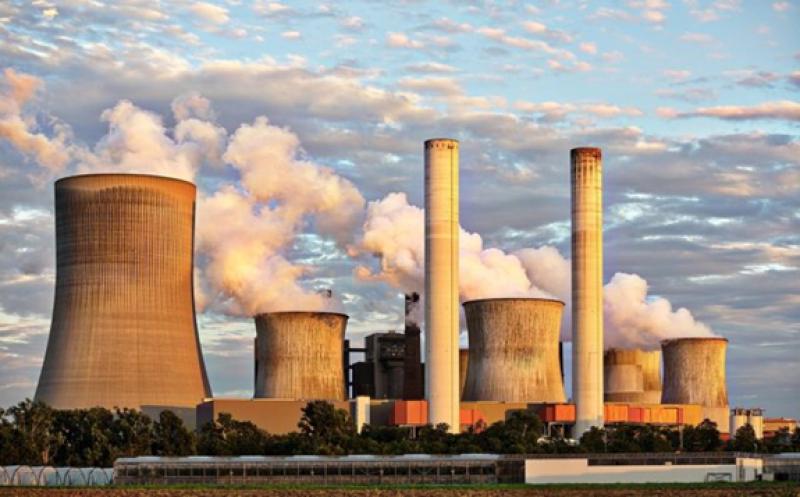Coal and gas-fired power plants would have to shut down 10 to 30 years sooner than their usual 35 to 40-year lifespan so that climate targets can be met, a study reveals.

All climate scenarios are consistent: to stay below the target of +2°C compared to pre-industrial levels, or even +1.5°C, the world’s greenhouse gas emissions will have to drop rapidly in order to achieve carbon neutrality by the middle of the century.
While things look simple on paper, the reality is significantly different. Not least because of the existence of coal-fired and gas-fired power plants, which have an average lifespan of 39 and 36 years respectively. This means that, unless we increasingly rely on hypothetical negative emissions, we must consider shutting them down early.
In a study published in the scientific journal known as Environmental Research Letters, Steven Davis’ team from the Department of Earth Sciences at the University of California (Irvine) analysed the global fleet of thermal power plants, calculating the excess emissions over climate targets of +1.5°C, +2°C and +3°C over the century.
According to their findings, these power plants will have to cease operating between 10 and 30 years before they are due to be decommissioned.
China explodes the surplus
If existing power plants were to die a “good death”, surplus emissions from these plants would amount to 220 billion tonnes of CO2 (GTCO2) in the case of a +1.5°C scenario. Thus by estimating a 182.5 GTCO2 surplus to remain within the targets, this surplus would, therefore, amount to 220.5%.
This potential surplus is particularly pronounced in China, which has half of the world’s existing coal-fired power plants, most of which are less than 15 years old.
If thermal power plants in the US were to remain active during their entire lifespan, their emission surplus would be 26% lower than in China. However, in Western Europe, it would be 87% lower, given the lower abundance of thermal power plants and their older age.
Researchers say that studies on global warming are struggling to take into account the inertia of the energy sector, which they say constitutes a “carbon lock-in”.
“Re-directing thousands of billions of dollars of private capital after the power plants have only reached a quarter of their lifespans will pose enormous political and economic challenges,” researchers have warned.